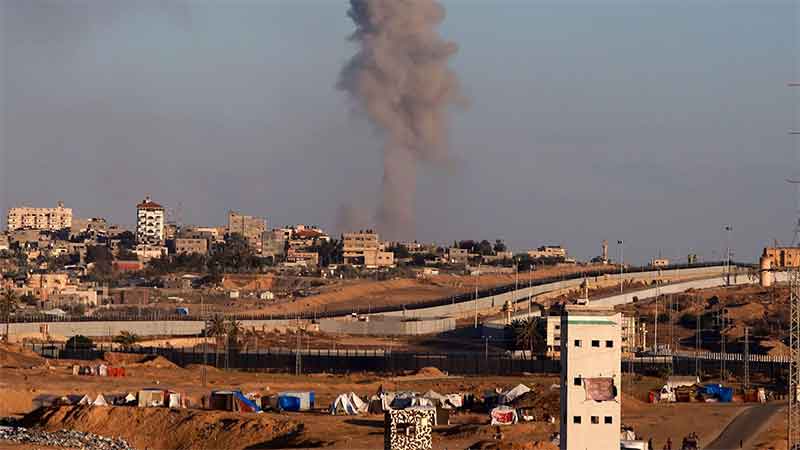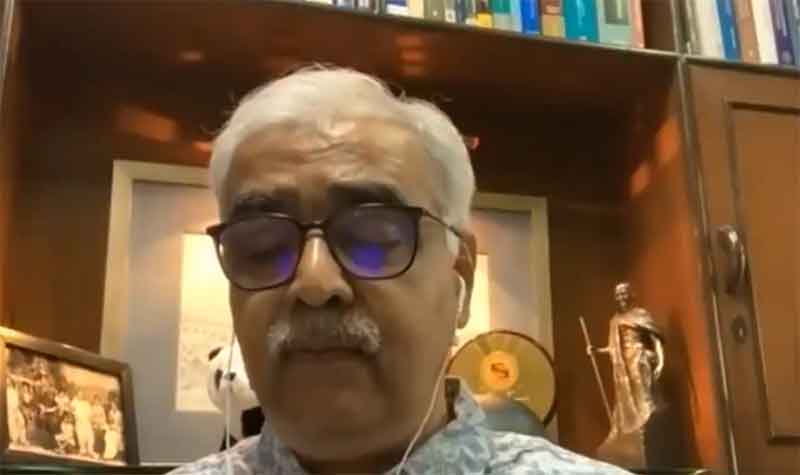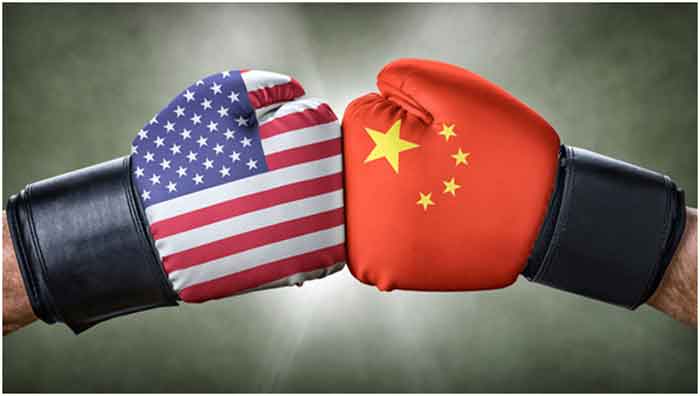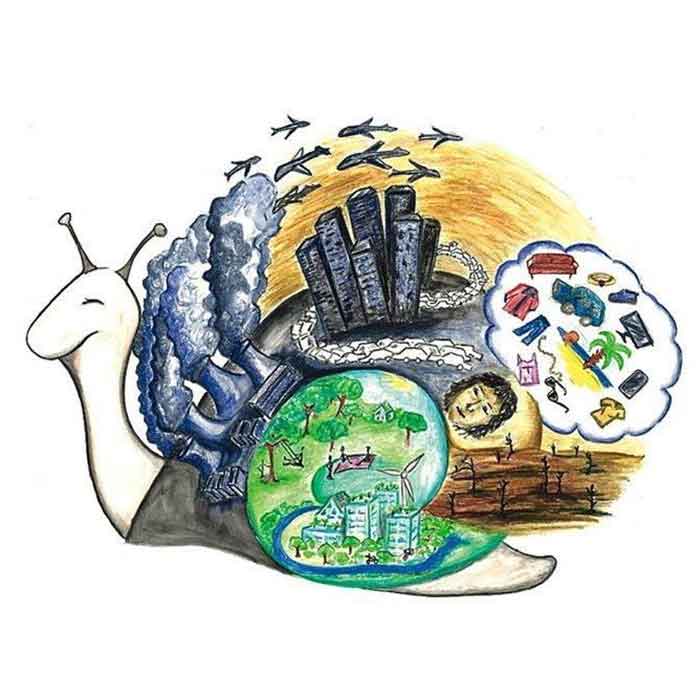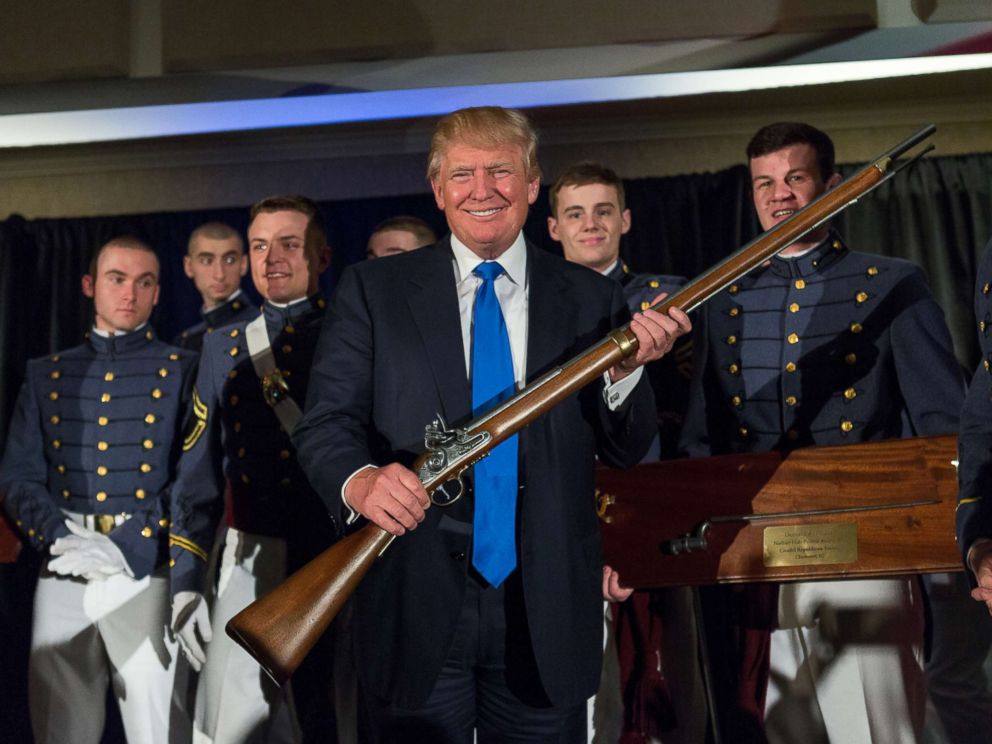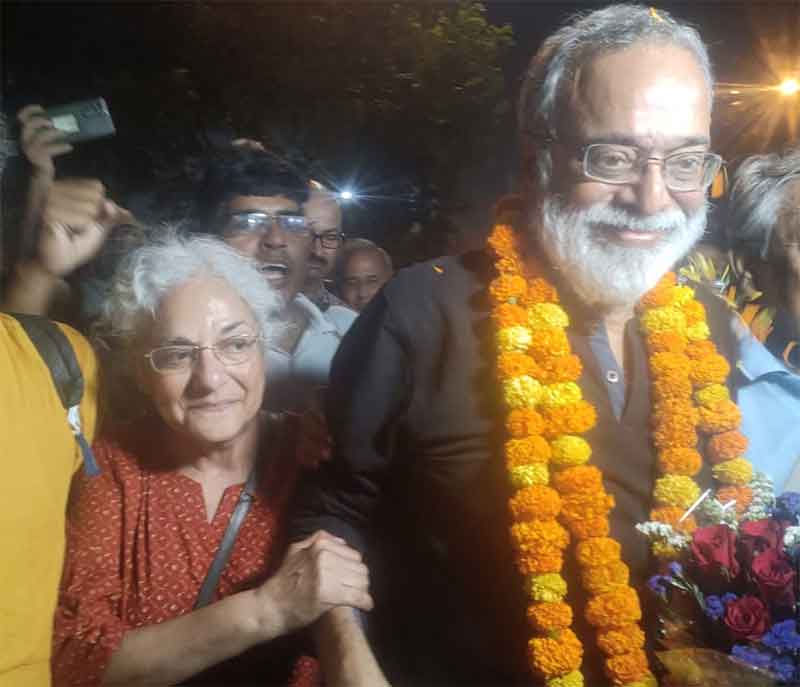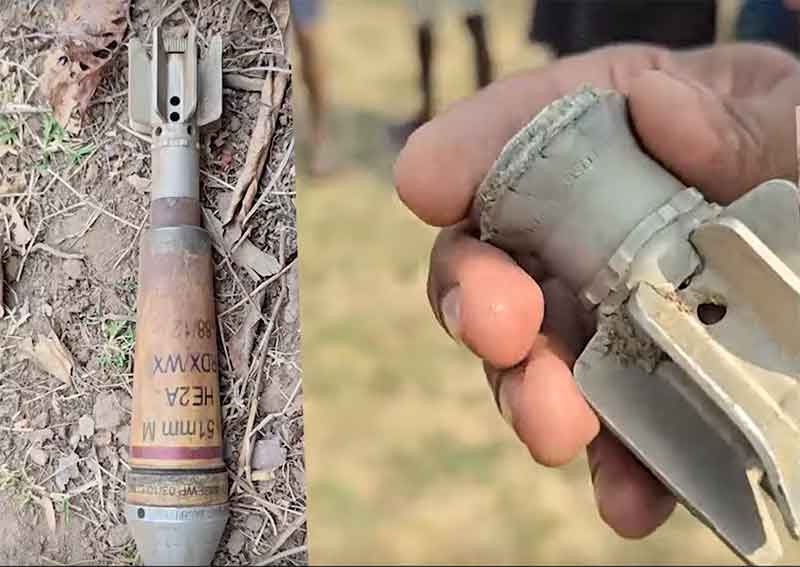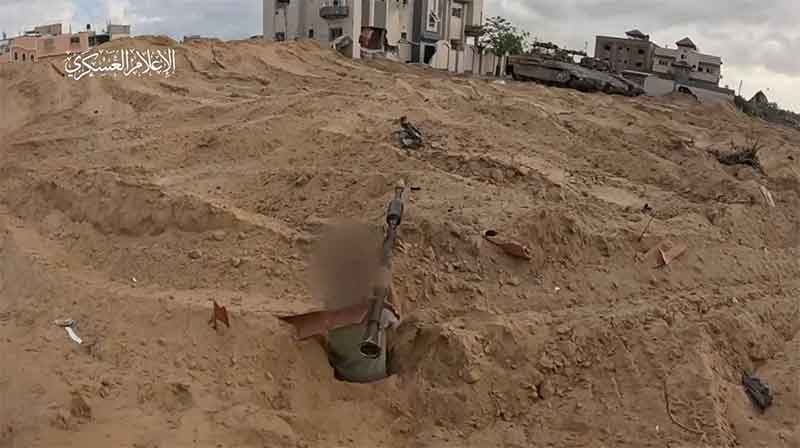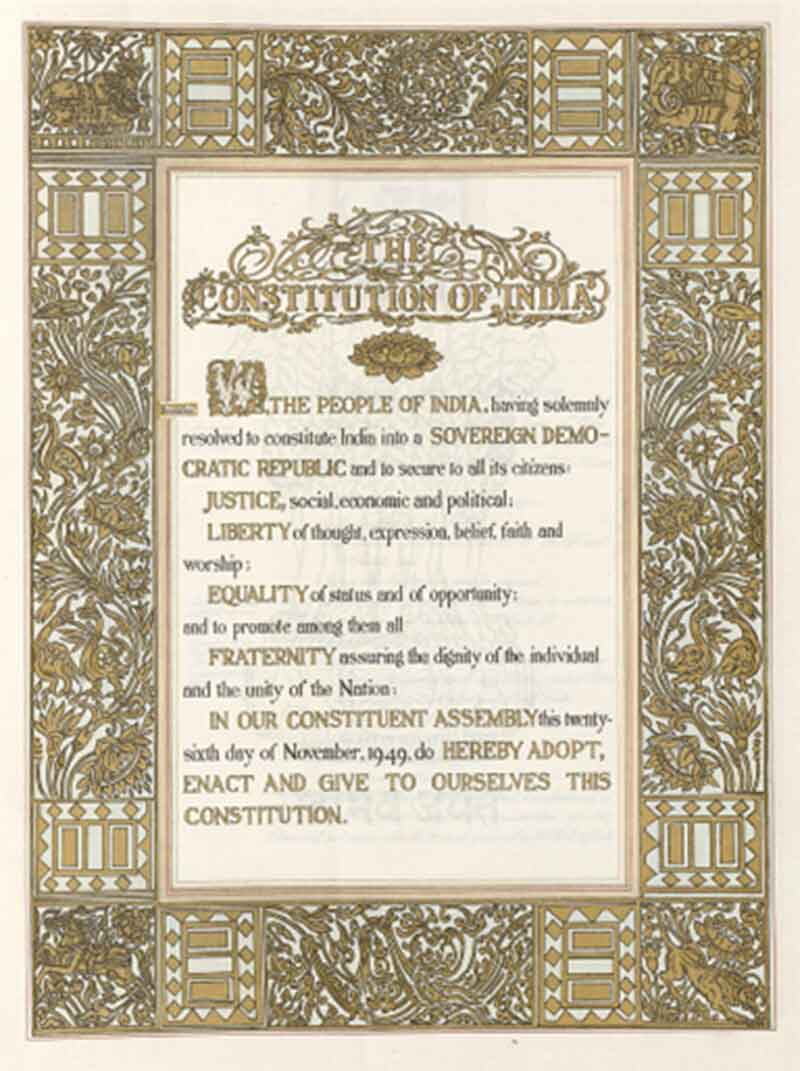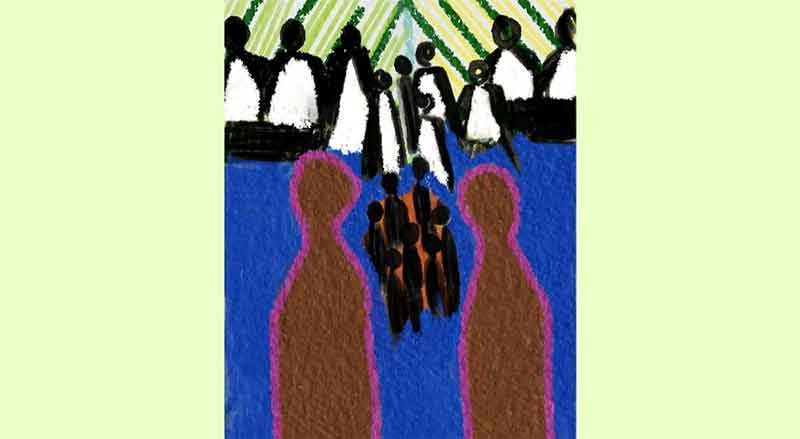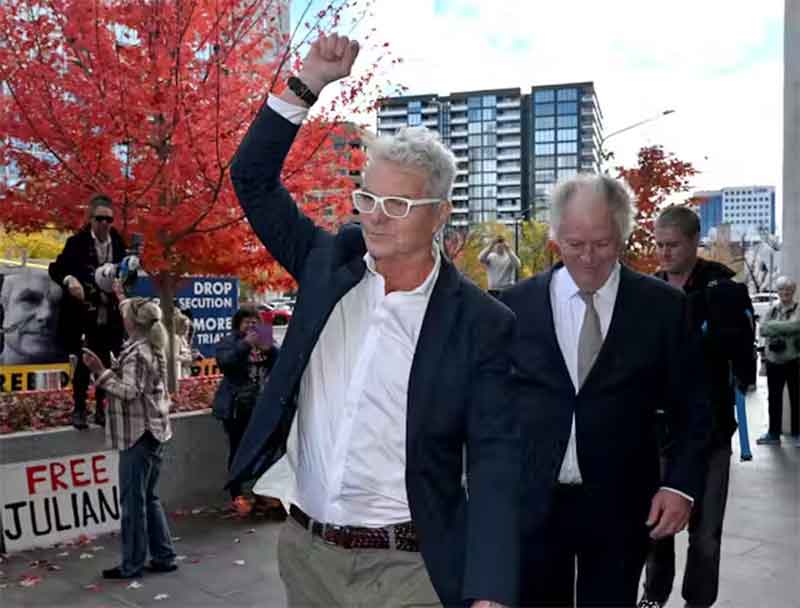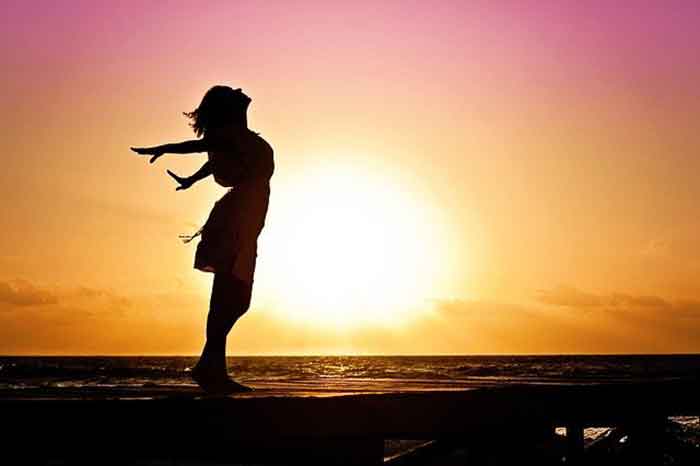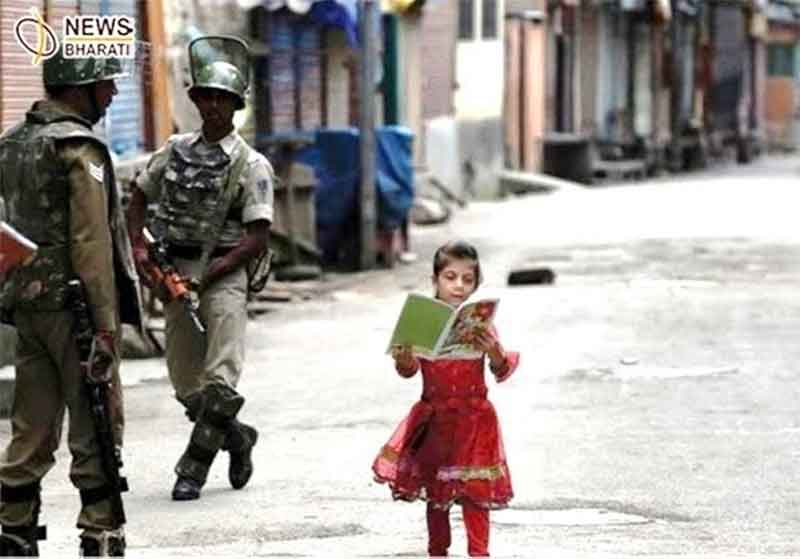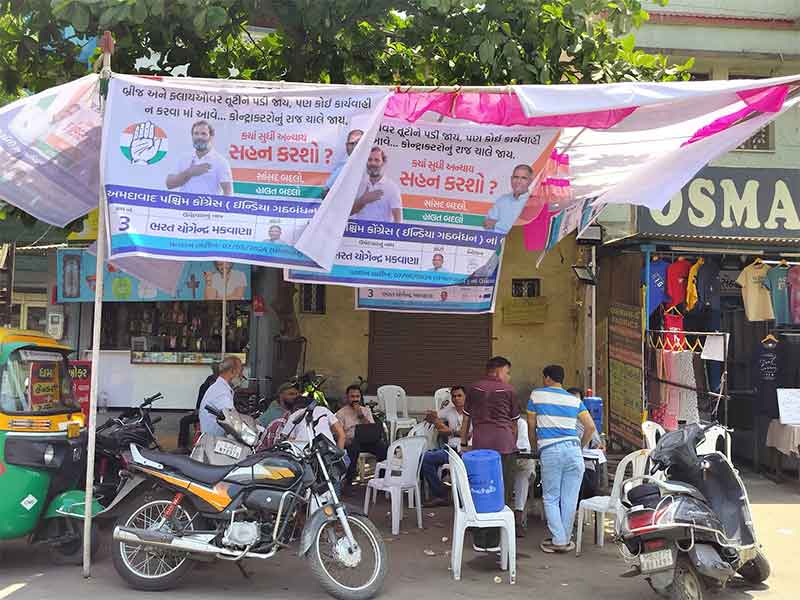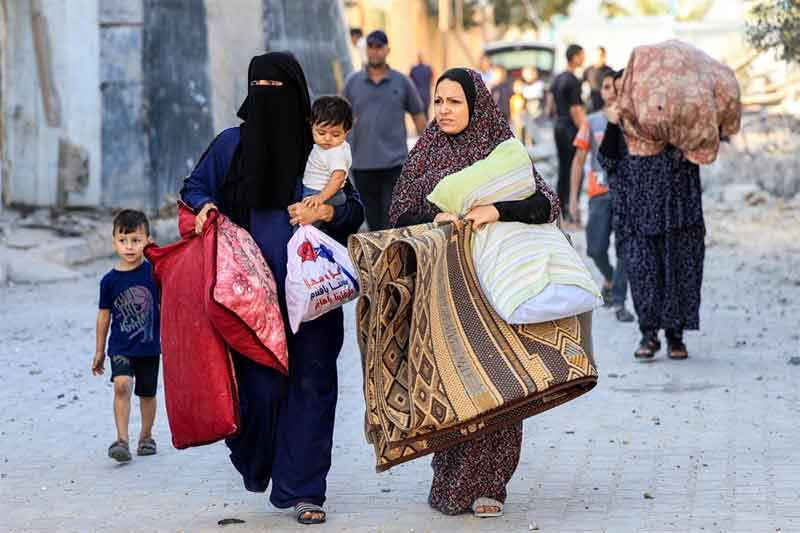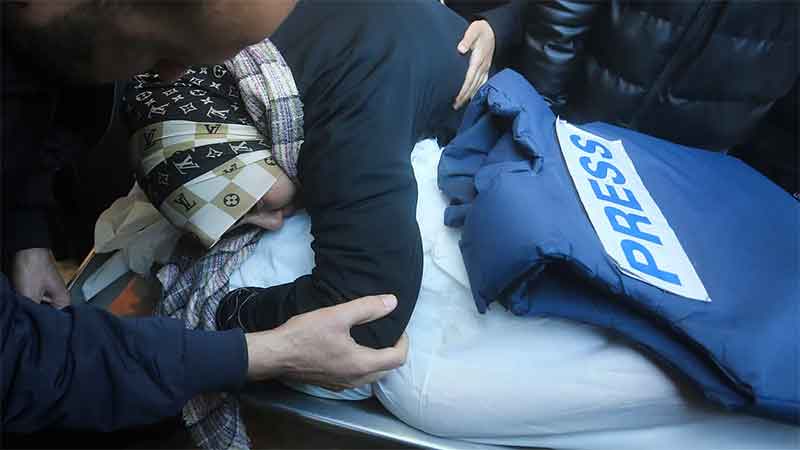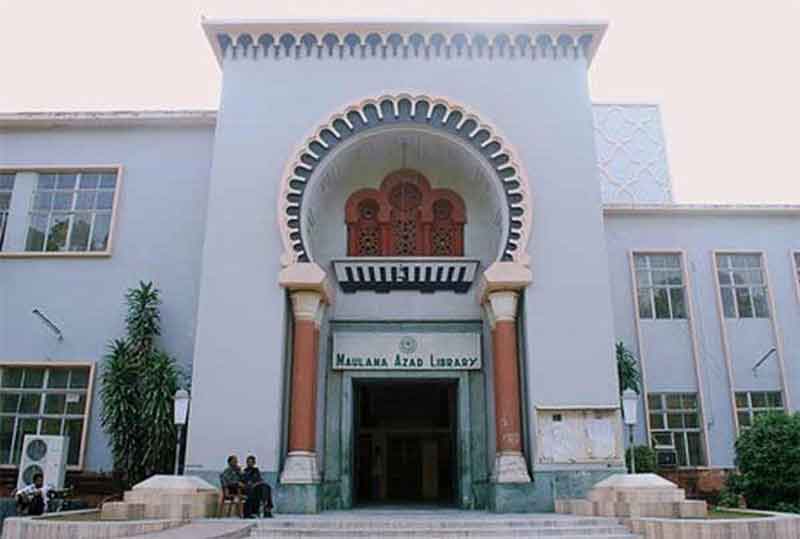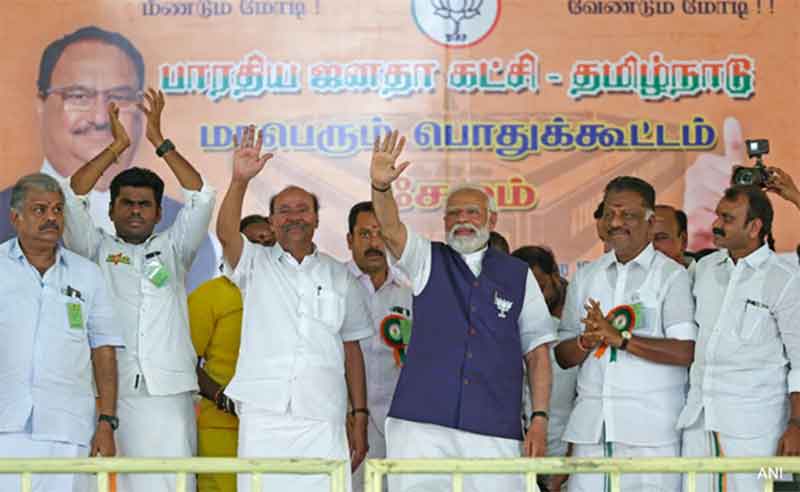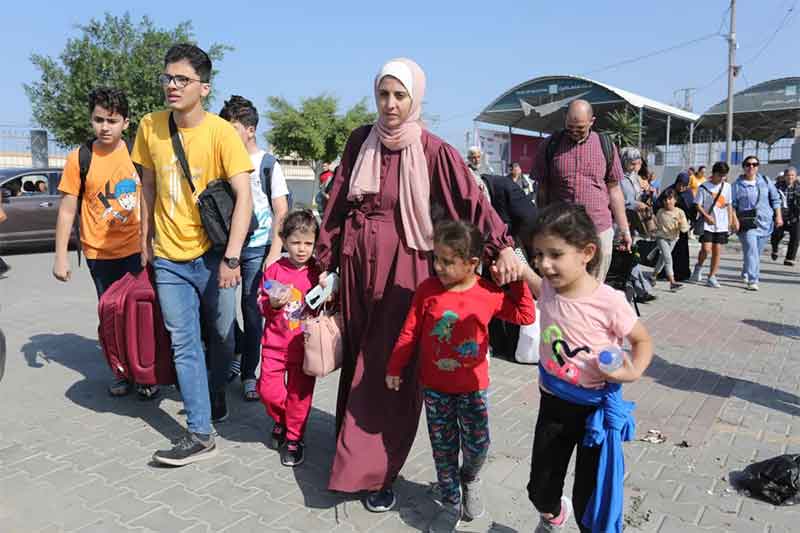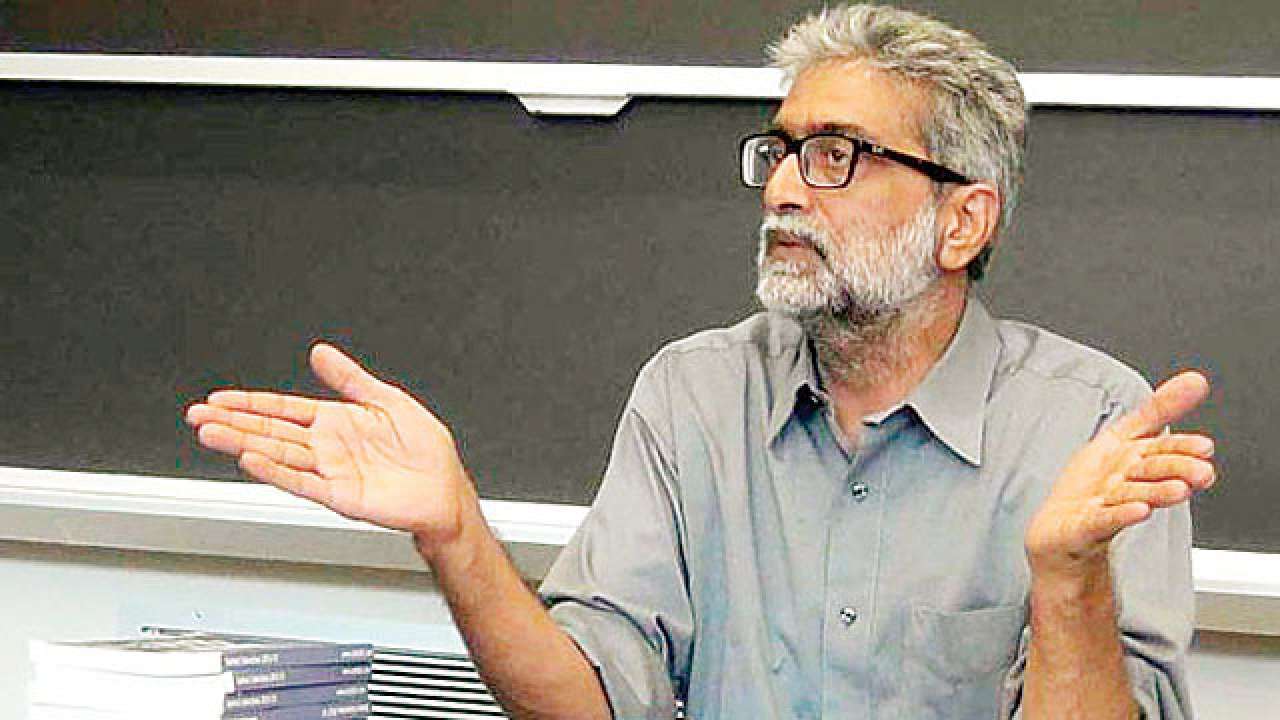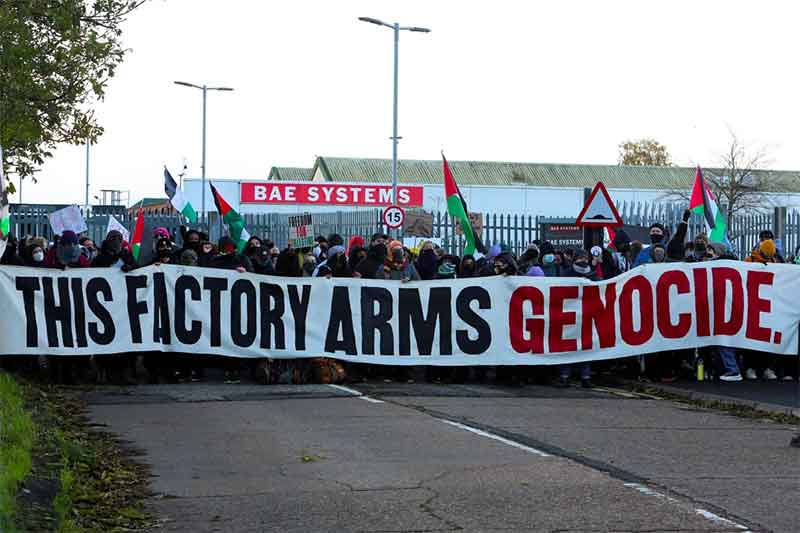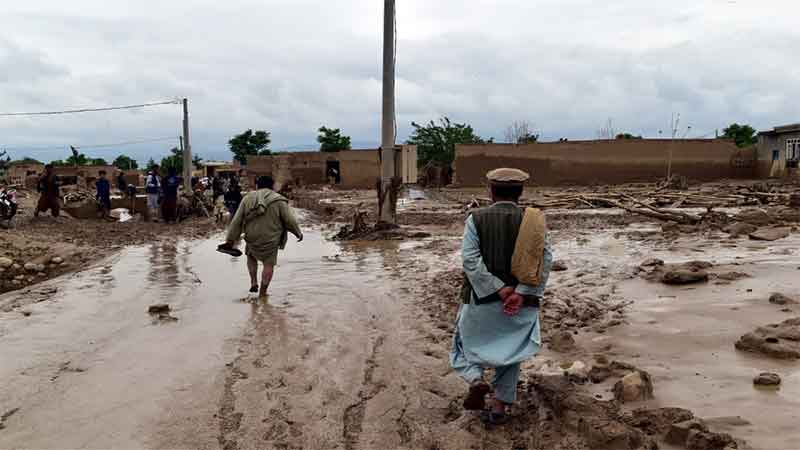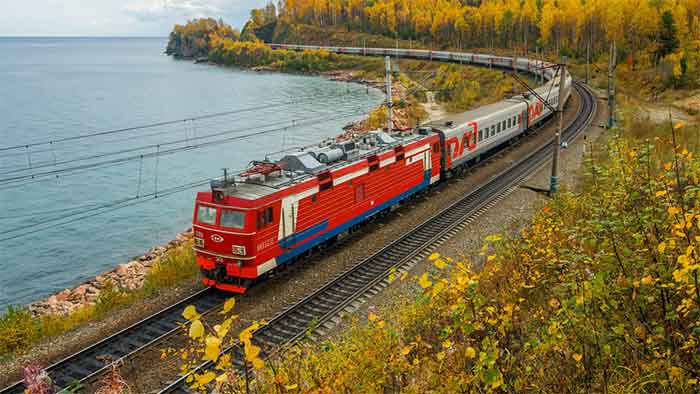
A worrying aspect of Russia-EU relations is that certain creepiness has got the better of people’s senses. Things have gone so far that Europeans are proscribing even the ownership of Russian pets. Clearly, the western media seems to have gone overboard in demonizing ordinary Russian People.
An attempt has been made here to bring flavour of Russia and its people, at a time when the west’s proxy war on it is on the boiling point. Our private trip, which was meant to be in 2020, materialized now after two years of wait due to Covid restrictions on foreign travel. It is more than a month since we returned, but Russia continues to dazzle our memory even now. This should not be surprising. Over the three weeks we spent in that country, we clocked more than 12000 kms of train journey. We met many wonderful people as we travelled from St Petersburg across western Siberia, central Asia, and finally to Moscow, by the world famous Trans-Siberian train journey. The full journey of course runs across eleven datelines. We covered only a half of it.
Contrary to the general impression that Russian economy, sanctioned as it is by its western adversaries, is in dire straits, we didn’t notice any panic there. Shops were well stocked and essentials were reasonably priced, even for Indian wallets; the dining in restaurants too was not unusually pricy. Though the local transport was comparatively dearer, yet not by so much as to bother us, as we spent much of our time strolling and relaxing on benches kept for resting. As the tour progressed, it became increasingly clear that the Western sanctions on Russia had boomeranged.
During our journey we crisscrossed Urals, Central Asian Steppes and visited a Siberian Village, Nizhnyaja Sinyachikha. Here we were hosted to a sumptuous Siberian lunch by an elderly lady, who had taken pains to cook a delicious meal for us with the fresh vegetables from her kitchen garden. A usual approach of mainstream western media has been to overhype the lifestyles of its countries’ adversarial foreign leaders, with a view to prejudicing public opinion against them, at home and abroad. In case of Russia, they have totemised Dacha (a countryside house), to snidely project the image of its leaders.
However, on our way back from Nizhnyaja, we were surprised to be informed by our guide that most city dwellers, irrespective of their social status, own a dacha in villages close to their cities. During summer weekends, they tend to their kitchen gardens at the dachas, and grow fruits, vegetables and other crops for the winter. Dacha ownership was encouraged during Soviet era. An idea behind it was to ensure that the citizens had nutritious food during winter when nothing grows. However, since the fall of Soviet Union dachas have undergone transformation, reflecting their owners’ affluence.
Moving on from Nizhnyaja, we had an overnight stay at Ger Camp (a Buddhist Colony) near Atsagat, a nomadic village in Buryatia Republic on steppes. Its mystic calm was hugely soothing. However, before that we spent a day at the ‘old believers’ village, where playful villagers dragged us in a bonhomie and solemnized our marriage of 42 years in their customary style.
Of course, Russia is vast. It has 85 federal subjects. They differ widely, both culturally and in languages spoken. However, Russian is the country’s lingua franca, sparing some sparsely populated ethnic areas close to the Arctic. Besides, there are 35 other official languages. It was indeed refreshing to see the provincial flags of republics flying by the side of Russian flag, on government buildings in their respective jurisdictions. This was quite a contrast to the attitude we have in India towards our ethnic minorities’ aspirations, towards maintaining their identities. Russia of course had an insurgency in Chechenia (and to a lesser extent in Dagestan) during the 1990s. “This was by Islamist extremists. They were encouraged by our western adversaries. But there is none now”, say the Russians.
Over its thousand-year history, Russia has seen many conflicts. This is not surprising considering that it seats on a huge pile of natural wealth. Tolstoy in fact had penned his epic “War and Peace”, in 1869, based on Napoleonic aggressions at the beginning of the 19th century. This legacy seems to have persisted to this day, as evident from the ongoing conflict with the West, in Ukraine. Russians of course abhor war. “But, with the public awareness of the big game being played against us growing, the general opinion has changed with the passage of time”, says a co-passenger, during our journey towards Irkutsk.
Curiously, during our stay in Russia, we came across an alarming press release on the internet, issued by ‘Radio Prague International’. It said that the Hotel Pyramida of Prague was officially hosting a conference of the Russian Opposition (organized by the ‘Free Nations of Russia Forum’) over the week end beginning 22nd July 2022. The topic for discussion was the ‘radical reconstruction and structural transformation of Russia in favour of its nations and regions’.
This conference was attended by the leaders of the Russian Opposition, national movements, as well as the statesmen and politicians from Europe, Asia and North America. Oddly, a previous such conference had been held in Warsaw on the 8th May 2022; and, now, as reported by the ‘Euromaidan Press’, the venue for the next conference has been fixed at Klaipeda in Lithuania. But the date is yet to be announced. A fact that Russia’s fate was being decided by a little known ‘Forum’, with external encouragement, seemed rather intriguing to us. Especially, since we had not noticed any signs of ethnic unrest in Russia.
The train journey offers a good scope for socializing. Moreover, it gives a good view of the Russian landscape. A green patina of grasslands, which is interrupted only at long stretches by thickets, is a fabulous sight in Western Siberia; similarly, the gently rolling hills of the Urals and its virginal forests are pleasing to watch, and the hypnotic tranquility of the steppes, is truly calming. But, the high point of the tour was the Lake Baikal; one gets its scenic glimpses right through the seven-hour journey from Irkutsk to Ulan Ude. Its closer view from Irkutsk is stupendous. Baikal is of oceanic size. It is the deepest fresh water lake in the world, and stores 20 per cent of the planet’s fresh water.
The Trans-Siberian journey is of course very long, but hours slip by gazing at the unfolding beauty of Russian landscape and chit chatting with the passengers. Russians are eager communicators. Though we didn’t know their language, they were prompt in pulling out their cell phones and starting conversation, with the help of Russian to English app.
Until communists came to power in 1917, St Petersburg was the seat of Tsarist Empire. Their glory, which was also the cause of their eventual downfall, is evident all over the city. It’s palatial buildings, canals and the Palace Square, where the Winter Palace is located, symbolizes Russia’s splendorous past. The city (then Leningrad) was under German siege for over two years during the second world war. At Nevsky Prospekt, almost every structure was raised to the ground by German cannons.
Amazingly, after an year of the war, at the height of the siege, on the 9th August, 1942, the Philharmonia Society had held a musical concert for cheering those trapped in the carnage. This has, since the end of the ‘Great Patriotic War’, become an annual musical fair in the city. Our Guide says, “Even when there was immense animosity towards the Germans, Bach’s compositions were played by the Philharmonia along with Shostakovich on that evening”. She adds, “But, now the Europeans are mindlessly rejecting the compositions of Tchaikovsky, Rachmaninoff and other great Russian composers”. In fact, what should be even more worrying is a fact that a certain creepiness has got the better of people’s senses. Europeans have gone so far in their hate, as to even proscribe ownership of Russian pets, like the cats. “This is a sign of a soul less society”, our guide says regretfully. Clearly, the western media and the political leaders seem to have gone overboard in demonizing ordinary Russians.
Finally, Yekaterinburg, an industrial city, which stands at the dividing line between Europe and Asia, partially symbolizes Russia’s plight. As in Marquez’s epic, ‘One Hundred Years of Solitude’, Russia’s history seems to have unfolded strangely, in ever shrinking spiral of events during the last hundred years. In 1918, the last Russian Tsar, Nicholas II met with a tempestuous end along with his family in Yekaterinburg. Then followed the seven decades of communist rule, marked by the two world wars and a cold war, a rise to presidency of the Yekaterinburg’s ‘son of the soil’ Boris Yeltsin, as Soviet Union fell, and, a torrid decade under him. Ironically the recent canonization of Tsar Nicholas II and his family completes the circle of events. Russia is now once again in midst of an existential crisis. One may want to pause here and ask, “Can anyone but not sympathize with the Russian people who have borne the brunt of its history, as if it were an unending episode encapsulated in single instant?
Shrikant Modak is a senior journalist. He has coauthored five books on the topic of renewable energy economics. He lives in Mumbai.

